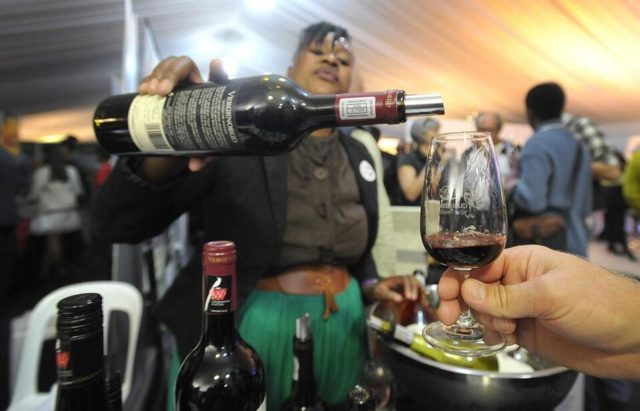Organised labour has urged government to implement the Temporary Employer/Employee Relief Scheme (Ters) to mitigate the impact of the ban on the sale of alcohol.
ORGANISED labour has urged government to implement the Temporary Employer/Employee Relief Scheme (Ters) to mitigate the impact of the ban on the sale of alcohol on workers in the industry.
The call by the Food And Allied Workers’ Union (FAWU) comes ahead of an anticipation that the current alcohol ban and lockdown regulations will be extended.
FAWU general secretary Mayoyo Mngomezulu said that between December 2020 and March 2021 it was estimated that more than 1,900 formal jobs were lost in the industry countrywide.
Mngomezulu said the union feared that the number would increase as a result of the ban on the sale of alcohol, and urged the government to consult and be transparent with all relevant stakeholders in the industry on ways to mitigate the impact.
“If the government decides to extend the current ban, which expires on Sunday, employers will not be able to pay their workers. Therefore, the government must cushion that blow by re-implementing Ters,” Mngomezulu said.
He added some companies might resort to retrenchments, salary cuts or small businesses shutting down.
Vinpro, a non-profit company representing close to 2,600 South African wine producers, cellars and industry stakeholders, said the ban on the sale of wine had an “enormous” impact on industry role-players.
Vinpro spokesperson Wanda Augustyn said the wine industry was in a precarious position and that 29,000 jobs had already been lost.
She said as a result of the alcohol ban, seasonal workers might not be employed and be able to earn an income for their families during the harvest, which in many regions began this week.
“The newly instated ban will mean the proverbial nail in the coffin for many wine-related businesses, especially our small cellars,” Augustyn added.
She said for every week that wines were not sold in the local market, R300 million was lost by Vinpro members.
Augustyn added that more than 80% of the 529 wineries were small and medium enterprises and relied on direct sales to customers.
Although wine exports may continue, the industry exported less than 50% of annual production, with the other half sold on home soil.
“With no financial support from government for these businesses, their prospects, and that of employees, are extremely bleak,” added Augustyn.
She said Vinpro and its industry partners made submissions to the National Coronavirus Command Council (NCCC) when the new ban was imposed, which entailed specific interventions that would ensure a balanced approach to curb the spread of Covid-19, while also keeping the economy afloat.
“Unfortunately representations in respect of this risk-adjusted approach were not taken into account, and a blanket ban was yet again announced,” added Augustyn.
A recent survey by Vinrpo found that employers would only be able to pay 51% of their total payroll should the ban be reinstated for another six weeks today.
At least 38% of respondents indicated that there was a high probability that their business would close down if the local wine sales ban continued for six weeks after July 11, compared to 68% in black-owned brands and farms.








